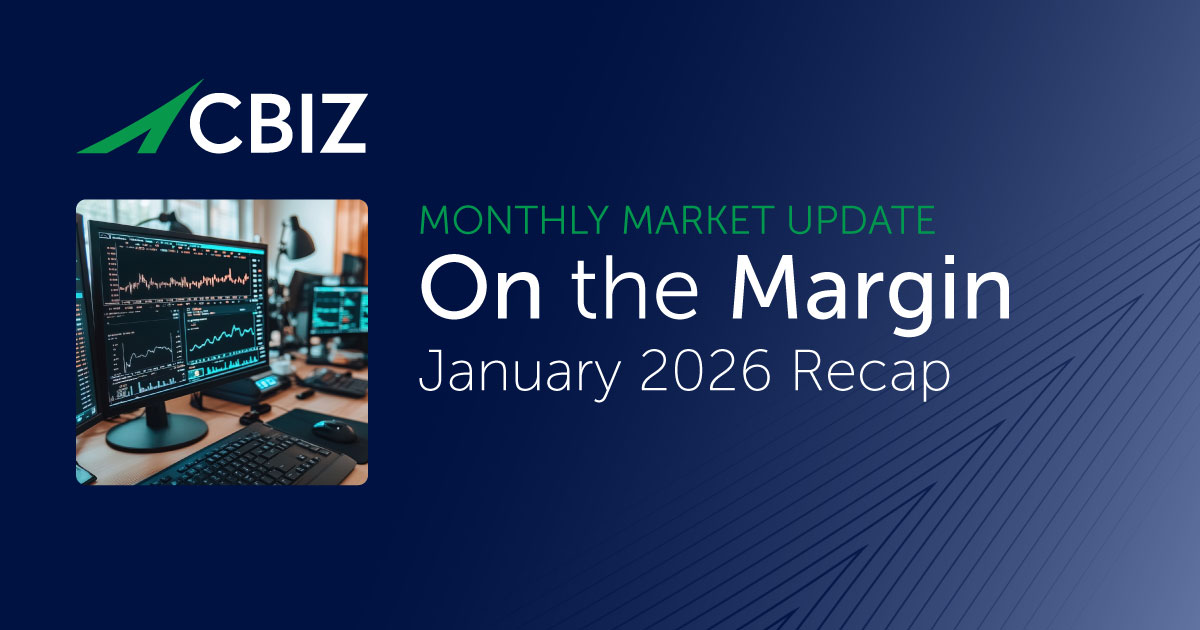Every year, government and public sector leaders face the difficult decision of determining how much to budget for employee salary increases. Many CFOs, finance directors, comptrollers, and equivalents rely on survey forecasts to set salary budgets, but those surveys often underestimate market realities. By combining past wage trends with current labor market factors, salary planning can become a strategic lever to strengthen workforce stability and service delivery.
It’s important to note that salary planning is not just a budgeting exercise – it’s a strategic investment decision. Competitive and well-structured pay can help reduce costly turnover, protect institutional knowledge, and sustain productivity. Replacing an employee can cost anywhere from 20% to 200% of their salary, making even modest improvements in retention well worth the investment.
To help expedite – and optimize – your salary planning for the year ahead, we’ve conducted an in-depth analysis to determine the 2026 compensation outlook for government and public sector organizations.
Current Market Outlook
Our findings indicate that the current market outlook for salary adjustments and budgets in the government sector is as follows:
- Salary Structure Adjustment: 4.2%
- Salary Increase Budget: 2.8%
Behind the Salary Structure Adjustment Percentage
Regularly updating your salary structure is essential to maintaining competitive and relevant pay ranges. Our 2.8% salary structure adjustment recommendation reflects both current data and ongoing labor market dynamics:
- Upward pay pressure: The U.S. Bureau of Labor Statistics (BLS) Employment Cost Index reported 3.6% wage growth for the 12 months ending June 2025, indicating sustained upward pressure on pay.
- Strong talent competition: Broader labor market dynamics signal continued competition for talent, as exemplified by the number of job openings remaining roughly equal to the number of unemployed people, according to the BLS Job Openings and Labor Turnover Survey.
- Broader indicators: Inflation, as measured through the Consumer Price Index, is on the rise with the August report indicating 2.9% annual growth. The WorldatWork 2025-2026 Salary Budget Survey reports an average structure update forecast of 2.8%. While this suggests some gradual cooling in wage growth, it appears conservative relative to broader labor market indicators.
Balancing these factors, our recommendation sets a structure adjustment above the reported survey average while remaining measured against the pace of wage growth. We also recommend conducting a more comprehensive market review every three to five years to address roles that may diverge from broad market trends.
Behind the Salary Increase Budget Percentage
Salary increase budgets establish the pool from which individual salary increases will be allocated. Setting a competitive salary increase budget supports talent retention, employee motivation, and market alignment.
Our recommended 4.2% salary increase budget is based on:
Forecasted overall increases: Average planned overall increases of 3.8% are being reported, according to the WorldatWork 2025-2026 Salary Budget Survey.
- Sustained competition for talent: The Atlanta Federal Reserve Wage Growth Tracker reported 4% wage growth for job stayers, which normalizes year-over-year salary increases for employees staying with the same employers. This reflects sustained competitive pressure in the labor market.
- Employee progression factors: To ensure employees progress within their pay range and to mitigate pay compression, the salary increase budget should outpace the structure adjustment by a meaningful margin – approximately 140 basis points (1.4%).
Note that these recommendations seek to match market movement. Further assessment of internal pay could support adjustments in either direction.
A Strategic Approach to Salary Planning is Key
Salary planning delivers the greatest ROI when it’s built on more than annual budgets. The most effective approach combines sound compensation philosophy, reliable benchmarking, thoughtful structure design, and disciplined pay administration policies. Many government entities struggle to keep these elements aligned year over year – and that’s where risks emerge in the form of turnover, compression, and inequity.
If these concerns resonate with you, know that you’re not alone. CBIZ works with government leaders to strengthen the foundation of their pay practices, ensuring salary planning becomes not just a budgeting exercise, but a strategy for financial stability and workforce retention. Let’s build a plan that works for your organization – connect with our consultants today to get started.
© Copyright CBIZ, Inc. All rights reserved. Use of the material contained herein without the express written consent of the firms is prohibited by law. This publication is distributed with the understanding that CBIZ is not rendering legal, accounting or other professional advice. The reader is advised to contact a tax professional prior to taking any action based upon this information. CBIZ assumes no liability whatsoever in connection with the use of this information and assumes no obligation to inform the reader of any changes in tax laws or other factors that could affect the information contained herein. Material contained in this publication is informational and promotional in nature and not intended to be specific financial, tax or consulting advice. Readers are advised to seek professional consultation regarding circumstances affecting their organization.
“CBIZ” is the brand name under which CBIZ CPAs P.C. and CBIZ, Inc. and its subsidiaries, including CBIZ Advisors, LLC, provide professional services. CBIZ CPAs P.C. and CBIZ, Inc. (and its subsidiaries) practice as an alternative practice structure in accordance with the AICPA Code of Professional Conduct and applicable law, regulations, and professional standards. CBIZ CPAs P.C. is a licensed independent CPA firm that provides attest services to its clients. CBIZ, Inc. and its subsidiary entities provide tax, advisory, and consulting services to their clients. CBIZ, Inc. and its subsidiary entities are not licensed CPA firms and, therefore, cannot provide attest services.















